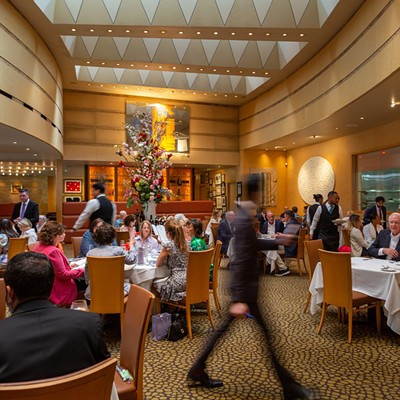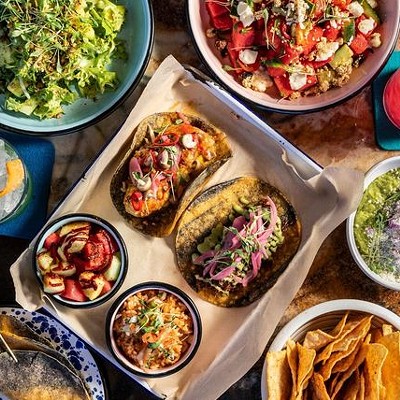August 11 marks the beginning of Ramadan in 2010. The date that signifies the beginning of the ninth month of the Islamic religious year changes each year based on the Islamic lunar calendar (which is, coincidentally, the only widely used lunar calendar in the modern world), but it also marks another important event: the beginning of many Muslims' yearly, month-long fast.
According to the Muslims, Ramadan is the month in which Allah revealed the first verses of the holy book to the prophet Mohammed. To quote the Qur'an 2:185:
The month of Ramadan is that in which the Qur'an was revealed, a guidance to men and clear proofs of the guidance and the distinction; therefore whoever of you is present in the month, he shall fast therein, and whoever is sick or upon a journey, then (he shall fast) a (like) number of other days; Allah desires ease for you, and He does not desire for you difficulty, and (He desires) that you should complete the number and that you should exalt the greatness of Allah for His having guided you and that you may give thanks.
Fasting isn't just mandated by the Qur'an, however. Muslims use the month to focus on sublimating carnal desires -- like those for food or sex -- in favor of more godly pursuits, with an emphasis on prayer, charity and humility. It is even said that a correctly performed fast during Ramadan will wipe clean the slate of the worst sinners.
So how does fasting work?
Fasting isn't done for the entirety of the month, per se. People would starve to death. Instead, fasting takes place during the daylight hours only. Or, more specifically, from before Fajr (the first prayer of the day) until after the Maghrib (the fourth prayer of the day) at sunset.
Muslims make it a point to get up before dawn and have a large but simple meal prior to the first call to prayer. Suhoor is intended to get you through the day but not be too time-consuming (you're already getting up before dawn, after all). Typical suhoor foods include things like yogurt, cooked oats, eggs, falafel and coffee. Especially coffee.
After sunset and after the Maghrib, families gather for dinner, or iftar. Nearly every iftar will begin with dates and yogurt for everyone at the table. The sweet dates bring everyone back around after a day spent in contemplation (whether of Allah or of a grumbling stomach), then the meal commences. Not surprisingly, most traditional iftar spreads consist of a mouth-watering Mediterranean array: olives, cheeses, hearty bread and -- in certain countries -- savory items like samosas or kebabs. As Ramadan is focused in part on providing charity to those less fortunate, you'll often see communal iftars for the poor, for those without families or for people like students that don't have a home base.
In a little over a month, however, the fast to break all fasts will arrive with the celebration of Eid-al-Fitr on September 10. But that's a blog post for another month...





